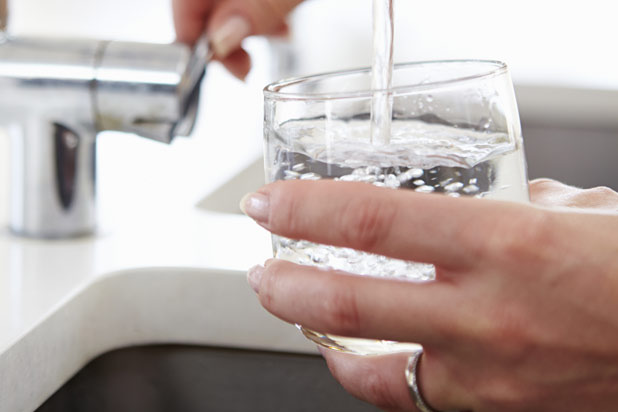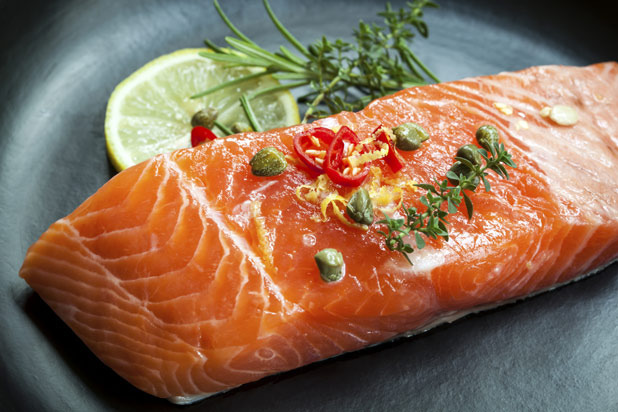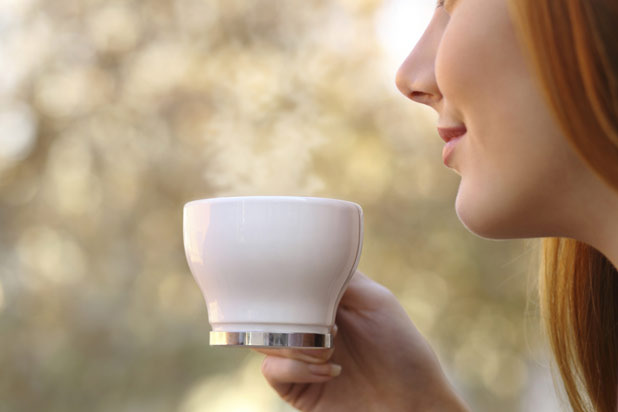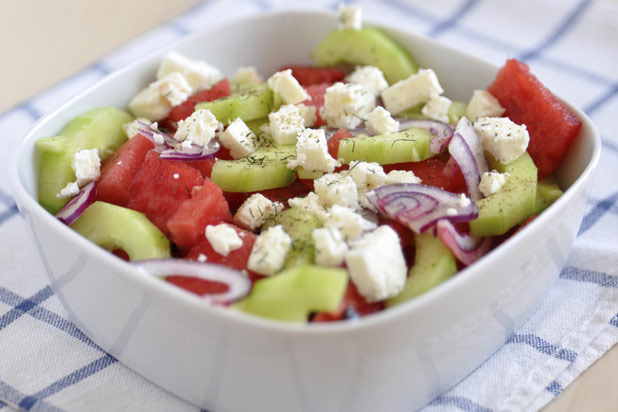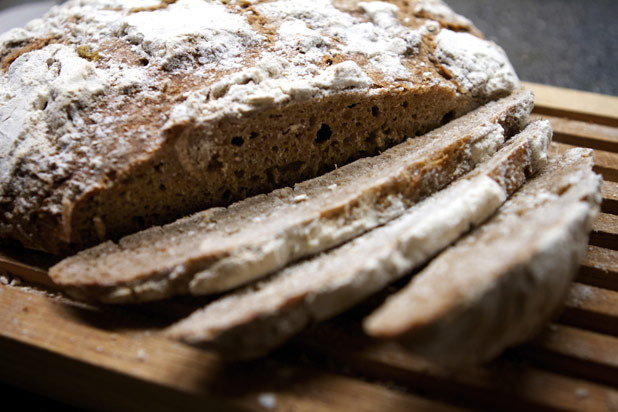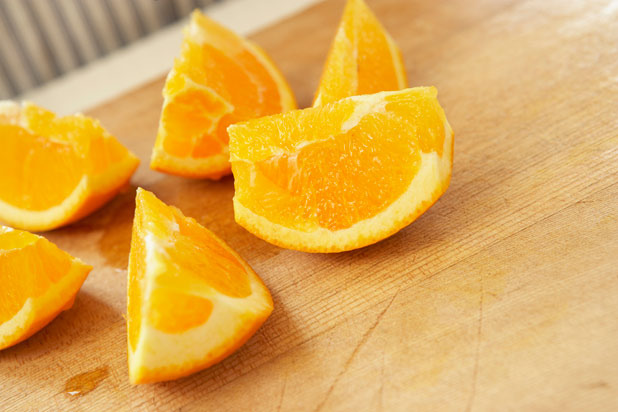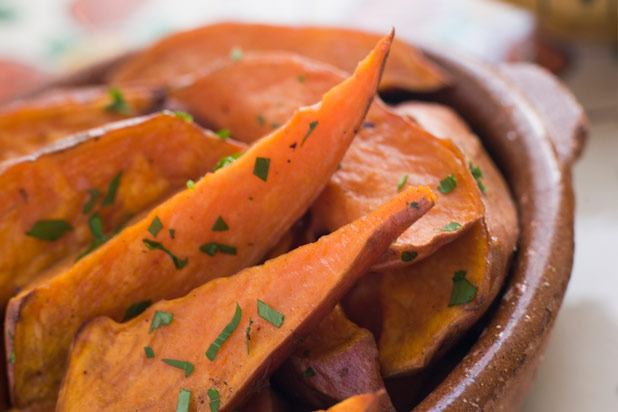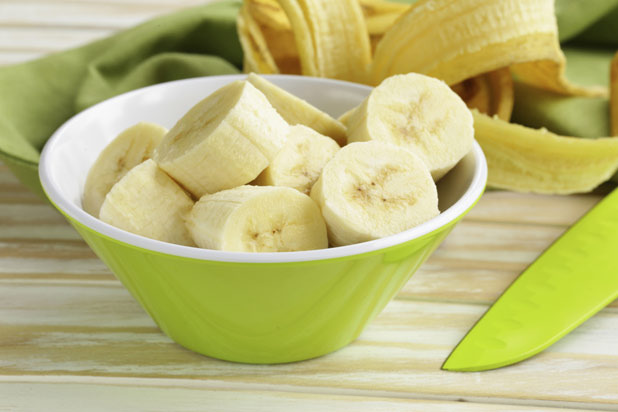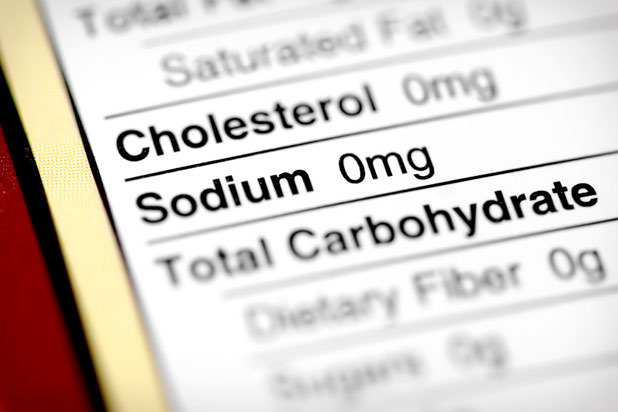Fight Bad Skin With Food And Drink (Slideshow)
Fermented food like sauerkraut and kimchi contain probiotics that not only regulate your digestive health, but also prevent breakouts.
Avoid Processed Foods
Processed foods, (most) dairy, sugar, and alcohol all contribute to breakouts. If you feel a breakout coming on, check your diet first and switch to lots of fruits, vegetables and lean meat.
Water
You've probably heard that you should be drinking at least eight cups of water a day. While this is a good number to focus on, it's important to remember that the amount of water you should be drinking depends on your activity level. Also, any fluid counts towards your total fluid intake, but watch out for drinks containing diuretics like caffeine, which can actually leave you more dehydrated.
Omega-3 Fatty Acids
Omega-3 fatty acids help maintain hormonal balance and strengthen skin cells. You can find these fatty acids in pumpkin seeds, sunflower seeds, fatty fish like salmon or sardines, and nuts like Brazil nuts, walnuts, and almonds.
Antioxidants
Food rich in antioxidants, including but not limited to green tea, spinach, cherries, blueberries, and sweet potatoes, help fight skin damage and prevent breakouts.
Food with High Water Content
Watermelon and cucumber have high water content, which helps hydrate the skin. They're also both cooling foods, which will help bring your body temperature down.
Whole Grains
According to a study published in the Journal of Dermatological Science, replacing refined grains with whole grains in your diet may reduce acne.
Vitamin C
Vitamin C supports growth and repair of tissues in the body, including skin. Up your vitamin C intake with berries, oranges, tomatoes, broccoli, spinach, or supplements.
Vitamin A
Vitamin A helps maintain healthy skin by assisting in the growth of skin cells. Vitamin A naturally occurs in vegetables like pumpkin, carrots, sweet potatoes, asparagus, and broccoli. You can also find vitamin A in eggs, meat, and fish, but these are often high in saturated fat and cholesterol. Acutane, a prescription-strength acne medication is essentially a high dosage of vitamin A. Be careful when taking vitamin A supplements, as too much of the vitamin may be toxic.
Magnesium
If stress is the trigger for your acne, try adding some magnesium to your diet. Magnesium contributes to a healthy immune system, and also helps reduce stress and relax muscles. Find magnesium in lean meats and poultry, leafy greens, nuts and nut butter, and bananas.
Low Sodium Food
Excessive salt consumption causes swelling and bloating in all parts of the body, which can affect the skin on your face. Some of the worst offenders sodium-wise are processed foods. Check the sodium levels on canned goods and frozen foods, and choose salt-free or low-sodium (140mg of sodium per serving) products when you can.


